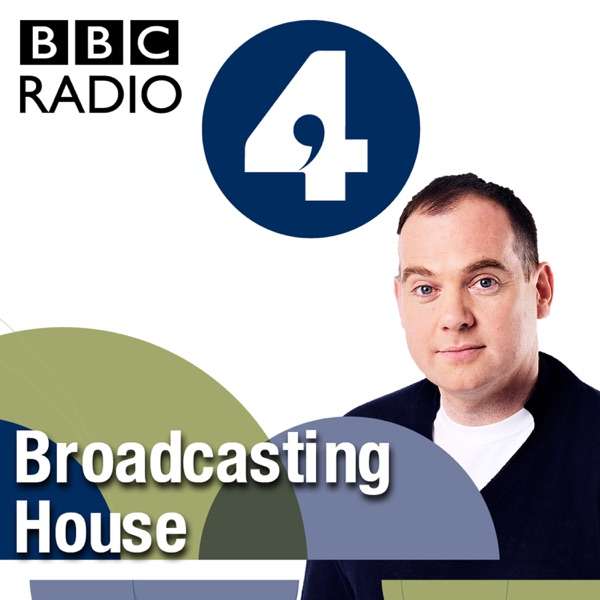A summary of the Scotpound proposal, and why bitcoin adoption is the smarter option for Scotland's future.
The New Economics Foundation and Common Weal have just released a proposal to create a new digital currency for Scotland - the Scotpound.
Having read the 64 page document and attended the launch event with one of the authors, I’d like to summarise the content for you:
Firstly, there’s some fantastic information on the current UK monetary system in there, and it echoes a lot of the information previously circulated by positive money, which is a group which proposes a similar solution for the UK as a whole.
What is the Scotpound?
It’s a digital currency, not unlike the pounds you have in your bank account right now. The difference being, it would be controlled by Banca Alba, instead of private banks, and it would be digital only without and paper cash equivalent.
The proposal is to spend 3.71 million pounds of tax revenue setting up a payment network, central authority, and cross-platform apps; then use the helicopter money approach to distribute 250 scotpounds to each registered voter in Scotland. To clarify, it proposes injecting one billion scotpounds into the economy of Scotland by typing numbers into a computer. What an innovative idea!
The report is quick to point out how morally abhorrent the creation of money by private banks is; whilst completely glossing over the fact that the proposed strategy is to centralise this money creation to one entity. As Lord Acton once said: Power tends to corrupt, and absolute power corrupts absolutely.
When questioned about what would happen to that new money, the author suggested that it would bounce through the economy generating tax revenue until eventually it was all back in the hands of the government. Thus revealing the true nature of the beast. It's just a thinly veiled tax.
The long term proposal is for Banca Alba to type new scotpounds into existence and spend them on social programs. Where does this money come from? Well, technically this is called counterfeiting, and the value in the new money, comes from the reduction in value of each individual pound already in existence.
The most infuriating part of the Scotcoin proposal, is this: The stated objectives are to provide a free and inclusive payment system, to allow SMEs who don’t accept digital payments to do so, and to prove that a new currency can be implemented.
Bitcoin could achieve all of these objectives, for free, tomorrow. Unfortunately, this report only includes one reference to Bitcoin.
“Only one currency has succeeded without first creating such a network and that is Bitcoin. In this case, entrepreneurs and innovators independently started to accept the currency after it came into existence, often because they had a financial stake in the success of the currency. This was helped by the clever issuance method (the ‘mining’ algorithm) which rewarded early adopters with a large quantity of Bitcoin. This can, however, be contrasted with over 300 other failed cryptocurrencies where no redemption network has emerged and the value of the currency remains low.”
It is entirely apparent from this dismissal that the author has little to no understanding of Bitcoin as a technology. To explain this phenomenon I refer you to Upton Sinclair: “It is difficult to get a man to understand something, when his salary depends on his not understanding it.”
Let's compare Scotpound and Bitcoin.
If the NEF and common weal really want to achieve their states goals on this front, they should encourage their supporters to adopt bitcoin, instead of proposing we spend 3.71 million pounds on a magical central bank of wonder dreams.
Put your questions in the comments below, and remember to like share and subscribe if you want to keep up to date with bitcoin news from a UK perspective.

 Our TOPPODCAST Picks
Our TOPPODCAST Picks  Stay Connected
Stay Connected







